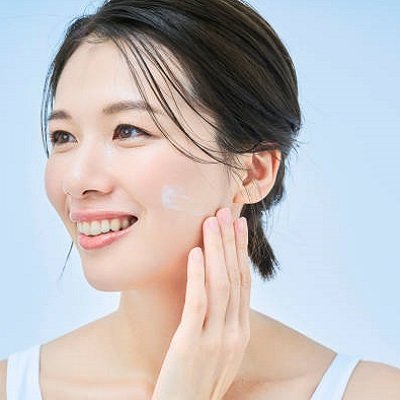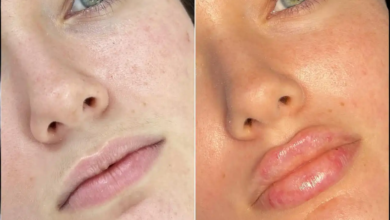
Skin whitening has become a significant trend in Islamabad, deeply intertwined with cultural beliefs and societal norms about beauty. The desire for a lighter complexion is prevalent and influenced by historical, social, and economic factors. This blog explores the cultural implications, treatment options, and essential health considerations associated with skin whitening in the capital.
Cultural Implications
In Pakistani society, particularly in urban areas like Islamabad, lighter skin is often equated with beauty and status. This preference is rooted in historical contexts and reinforced by media portrayals that idealize fair skin. Many believe that having a lighter complexion can enhance social standing, impacting marriage prospects and job opportunities.
Media, especially advertisements and social platforms, amplify these ideals, presenting fair-skinned individuals as the epitome of beauty. As a result, the pressure to conform to these standards is particularly strong among women, leading many to seek skin whitening solutions.
Treatment Options
The rising demand for fair skin has led to various treatment options available in Islamabad, ranging from topical products to professional treatments and natural remedies.
1. Topical Products
A plethora of skin whitening creams, lotions, and serums can be found in beauty stores and pharmacies. Many contain active ingredients like hydroquinone, kojic acid, and niacinamide, known for their skin-lightening effects. While some users report positive outcomes, caution is necessary, as many products may be unregulated and could cause skin irritation or other health issues.
Some topical products may contain harmful substances like mercury or excessive hydroquinone, which can lead to severe skin conditions. Therefore, it’s crucial to choose clinically approved products and consult a dermatologist before use.
2. Professional Treatments
For quicker or more noticeable results, several beauty clinics in Islamabad offer professional skin whitening treatments, including:
- Chemical Peels: These involve applying a chemical solution to exfoliate the skin and promote the growth of new, lighter skin. Qualified professionals should perform this treatment to minimize risks.
- Laser Treatments: Laser therapy targets pigmentation and can significantly lighten skin. While effective, it can be expensive and may require multiple sessions for optimal results.
- Microdermabrasion: This non-invasive procedure exfoliates the outer layer of skin, improving texture and reducing pigmentation. It is generally safe but may require several sessions for the best results.
3. Natural Remedies
Natural remedies are also popular among individuals seeking skin whitening. Ingredients like turmeric, lemon juice, and yogurt are commonly used for their reputed lightening effects. While often seen as safer, the effectiveness of natural remedies can vary, and results may take time to appear.
It’s important to remember that natural doesn’t always mean safe; conducting patch tests is advisable to avoid adverse reactions.
Health Considerations
The pursuit of lighter skin can have serious health implications. Many unregulated products may contain harmful ingredients that can cause severe skin conditions, including rashes, discoloration, and long-term damage.
Consulting a dermatologist before starting any skin whitening regimen is vital. A professional can provide personalized guidance, ensuring safety and effectiveness. Prioritizing health over beauty standards is essential in making informed skincare choices.
Challenging Beauty Norms
While skin whitening remains a prevalent trend, there is a growing movement in Islamabad advocating for the acceptance of all skin tones. Influencers and activists are increasingly promoting body positivity and challenging conventional beauty standards, encouraging individuals to embrace their natural complexion.
Social media has become a platform for these movements, with campaigns aimed at redefining beauty standards and fostering self-love. By promoting awareness and education, society can work toward diminishing the stigma surrounding darker skin tones.
Conclusion
The quest for skin whitening in Islamabad reflects complex cultural beliefs and societal pressures. While various treatment options are available, it is crucial to approach skin whitening with caution and prioritize health. As discussions about beauty continue to evolve, embracing diversity and promoting self-acceptance will play a vital role in redefining these ideals.
Ultimately, beauty is not solely defined by skin color but by confidence and individuality. By fostering a culture of acceptance and appreciation for all skin tones, Islamabad can move toward a more inclusive understanding of beauty that celebrates diversity and encourages everyone to feel beautiful in their own skin.


